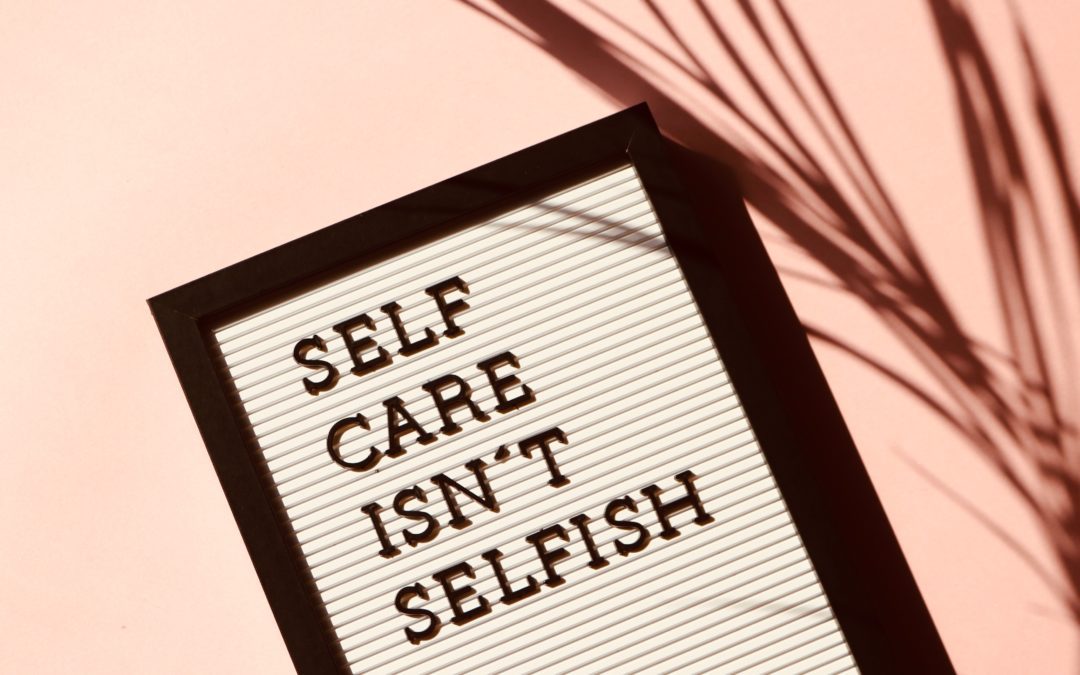Recovery from addiction can be a long and difficult journey, and it often requires significant support and resources. One of the most important aspects of addiction recovery is self-care, which involves taking care of oneself physically, emotionally, and mentally. Self-care can help individuals in recovery rebuild their sense of self-worth, manage stress and triggers, and improve overall well-being.
The Benefits of Self-Care in Recovery
Having a substance use disorder affects not only the body but also the mind and spirit. Practicing self-care is one part of the recovery process that can help you reduce the risk of relapse and keep you focused on your sobriety. The following are ways self-care can benefit your recovery:
- Stress management. Self-care can help you manage stress and cope with triggers that may lead to relapse. Stress and triggers are common challenges in addiction recovery, and self-care practices such as yoga, meditation, mindfulness, and self-reflection can help you relax so you can manage these challenges effectively.
- Improved physical health. Addiction often takes a toll on physical health, and recovery requires a commitment to a healthy lifestyle. Self-care practices such as exercise, healthy eating, and adequate sleep can help to maintain physical health and promote overall wellness. By incorporating these practices into your daily routine, you can improve your physical health, reduce the risk of relapse, and promote a healthy, sober lifestyle.
- Improved mental health. Since addiction can often co-occur with mental health disorders such as depression and anxiety, it is important to practice self-care to better handle these issues. Attending therapy sessions, going to 12-step meetings, and making sure you take any medication that has been prescribed can help improve your mental health.
- Higher self-esteem. Substance abuse can erode an individual’s sense of self-worth and can lead to feelings of guilt, shame, and self-doubt. By prioritizing self-care, you can rebuild your self-esteem and develop a positive self-image, which can be instrumental in your long-term recovery.
- A sense of purpose. While in recovery, you may feel lost and unsure of your purpose. Practicing self-care can help restore your sense of purpose and give you something to look forward to each day.
Tips For Incorporating Self-Care into Your Daily Routine
Incorporating self-care practices into your daily routine can be challenging, especially during the early stages of addiction recovery. Here are some tips to help you get started:
- Start small: Begin with simple self-care practices, such as taking a daily walk or practicing deep breathing for a few minutes each day.
- Set realistic goals: Set achievable goals for yourself, such as exercising for 20 minutes a day or meditating for 5-10 minutes a day.
- Create a routine: Incorporate self-care practices into your daily routine, such as getting up at a specific time to exercise each morning.
- Make self-care a priority: By putting self-care into your schedule, giving it equal weight as other responsibilities and tasks, you can improve your overall health and well-being, which can make it easier to deal with any challenges you may face in recovery.
Examples of Self-Care in Recovery
There are many different self-care practices that can be incorporated into your daily routines. If you are unsure where to start, here are some examples to consider:
- Exercise regularly and eat a healthy diet
- Practice mindfulness and meditation
- Get enough sleep
- Attend support groups such as Alcoholics Anonymous (AA) or Narcotics Anonymous (NA)
- Attend individual or group therapy sessions
- Taking time to reflect on your thoughts and feelings
- Engage in activities that bring you joy and pleasure
- Relax at the end of the day with a good book or a relaxing bath
Are You Looking for a Georgia Recovery Center?
If you are struggling with a substance use disorder, help is available at Twin Lakes Recovery Center in Monroe, Georgia. We can help put you on the path to long-term and lasting recovery. We offer a variety of treatments and programs for people of all ages, including inpatient residential treatment, medically supervised drug or alcohol detox services, and a family recovery program. To learn more about what we offer, please contact us today to discuss your options.




